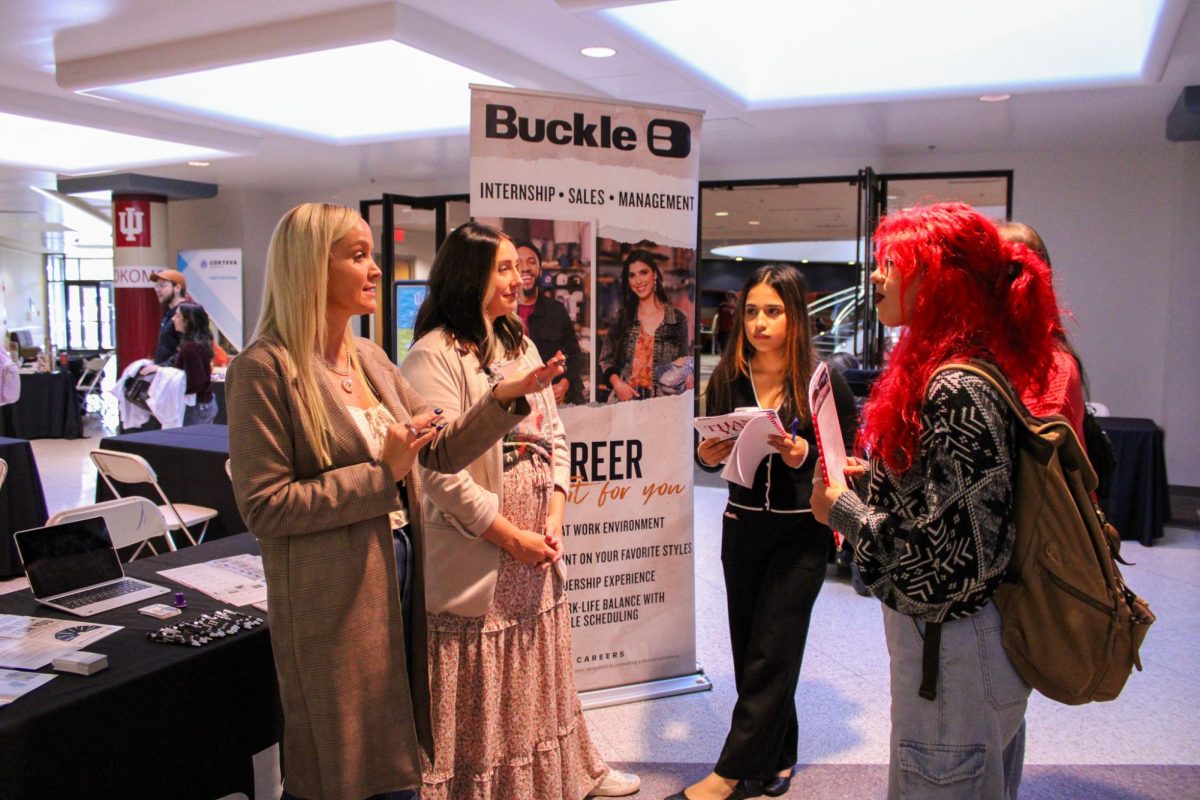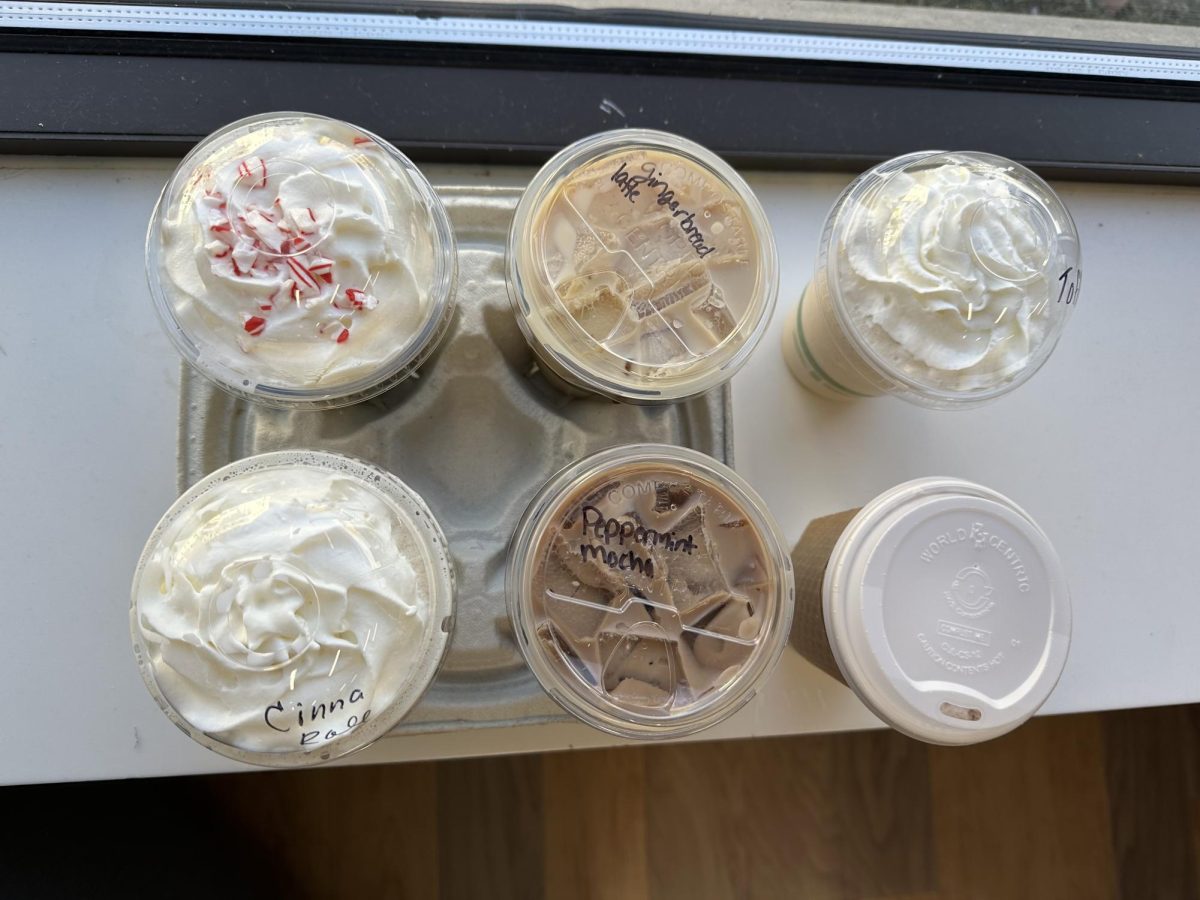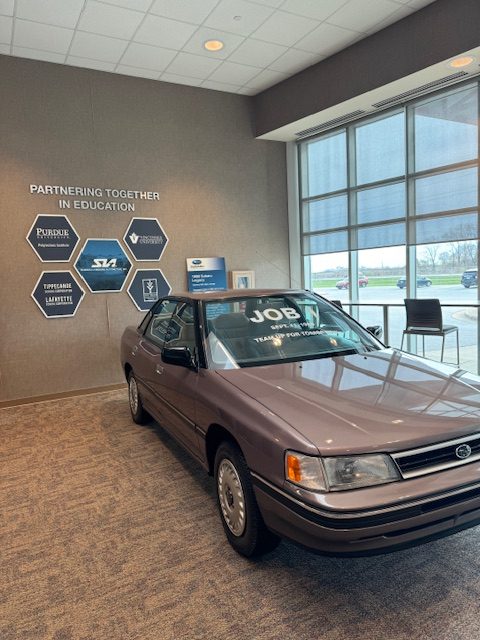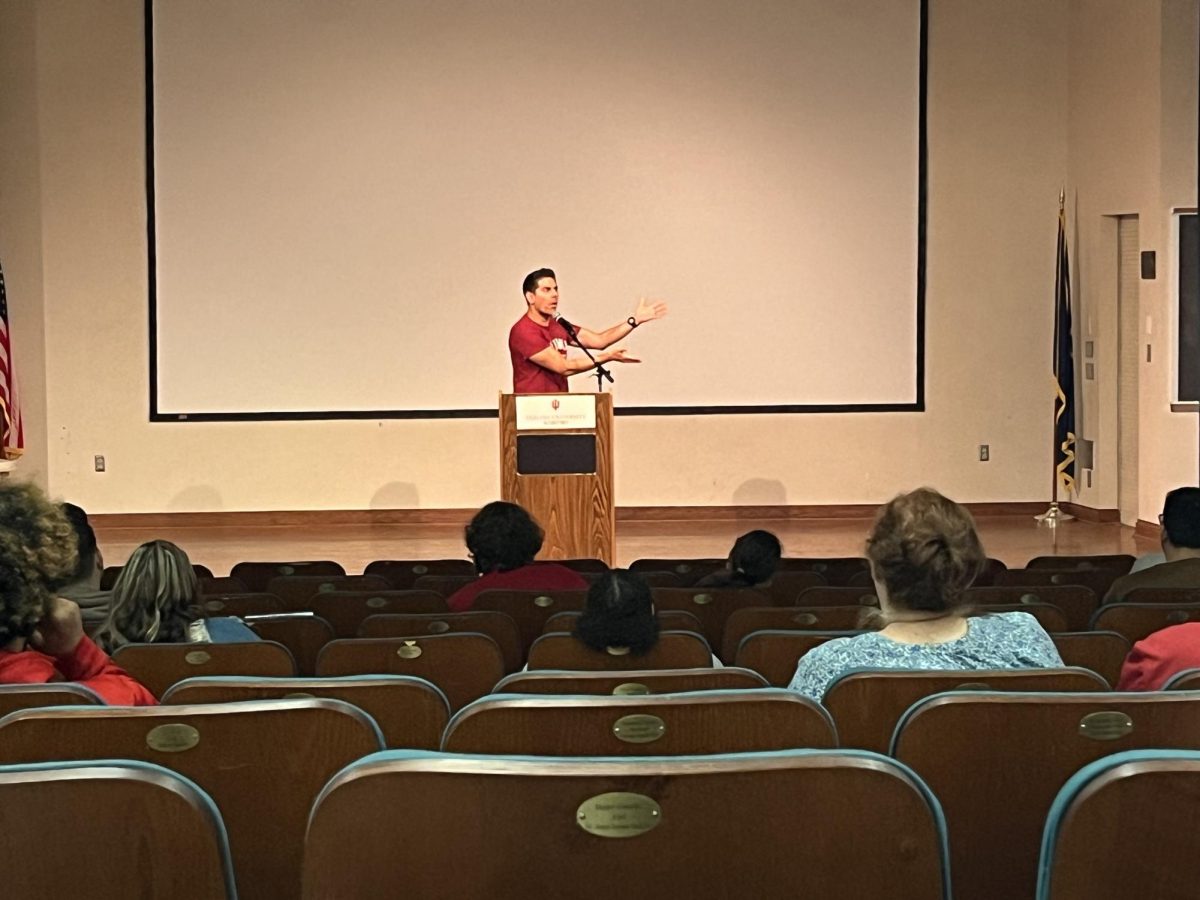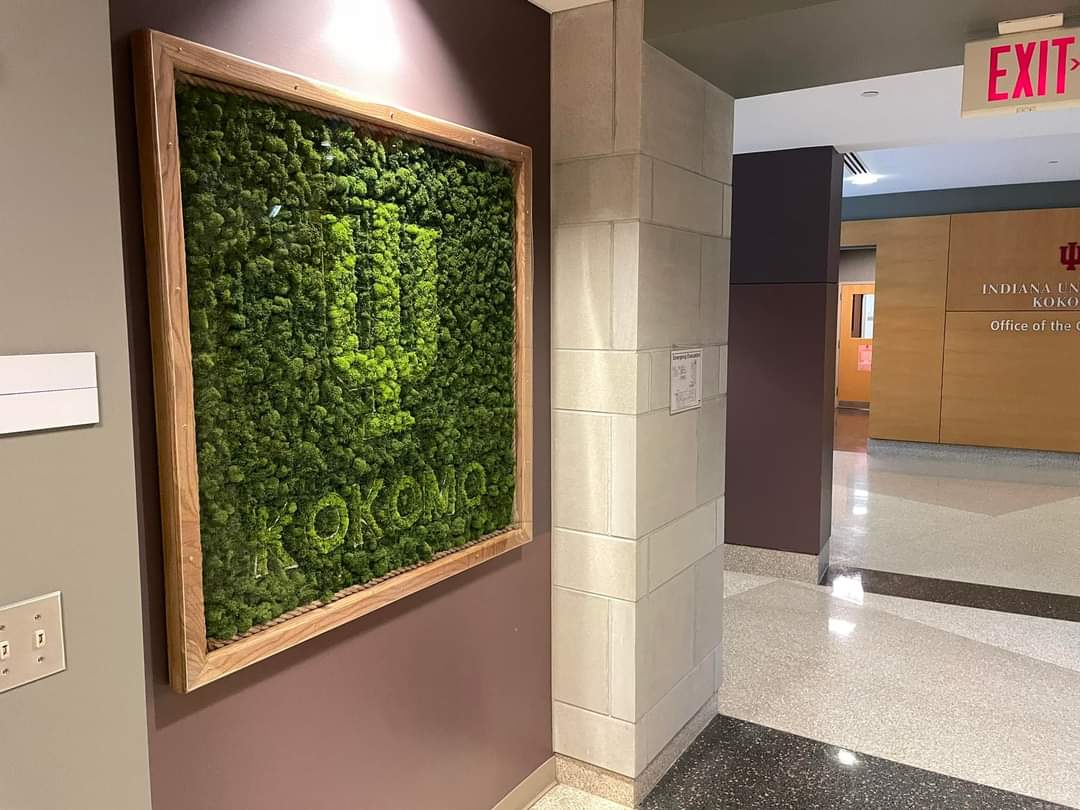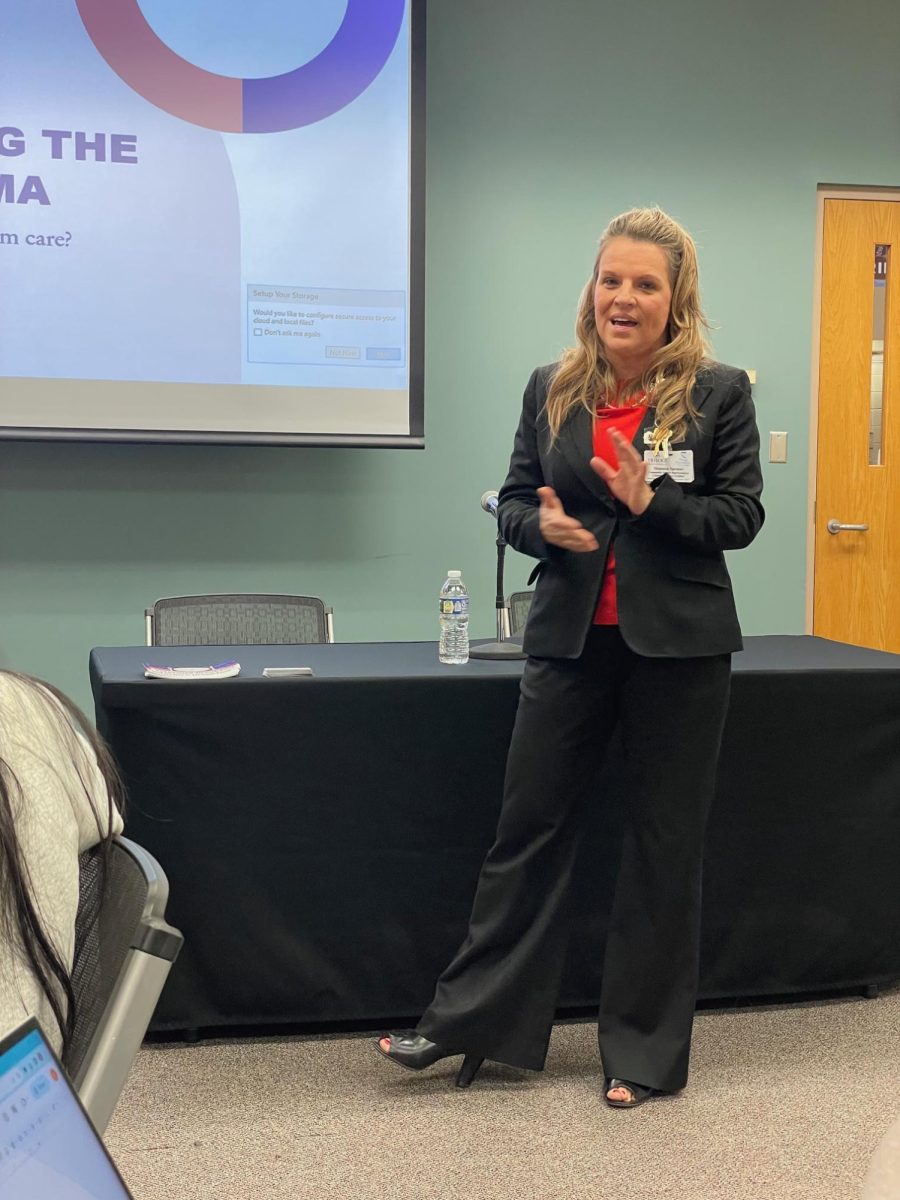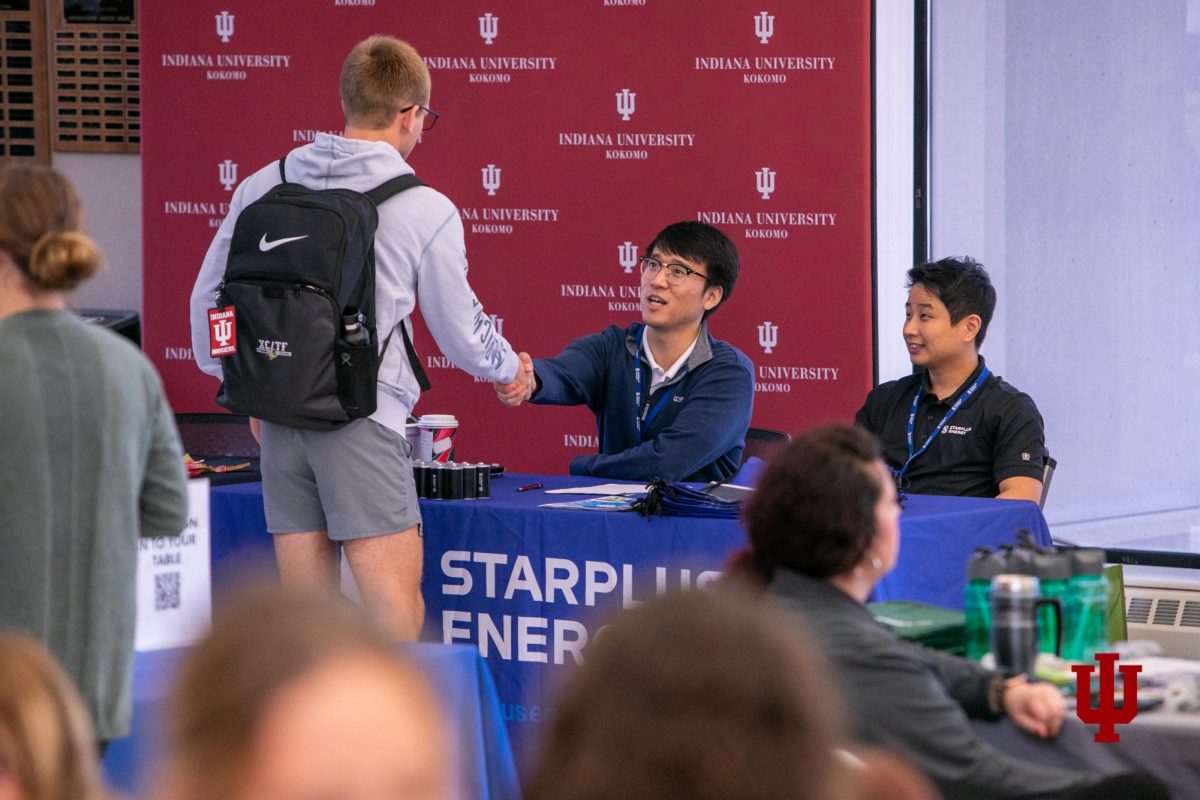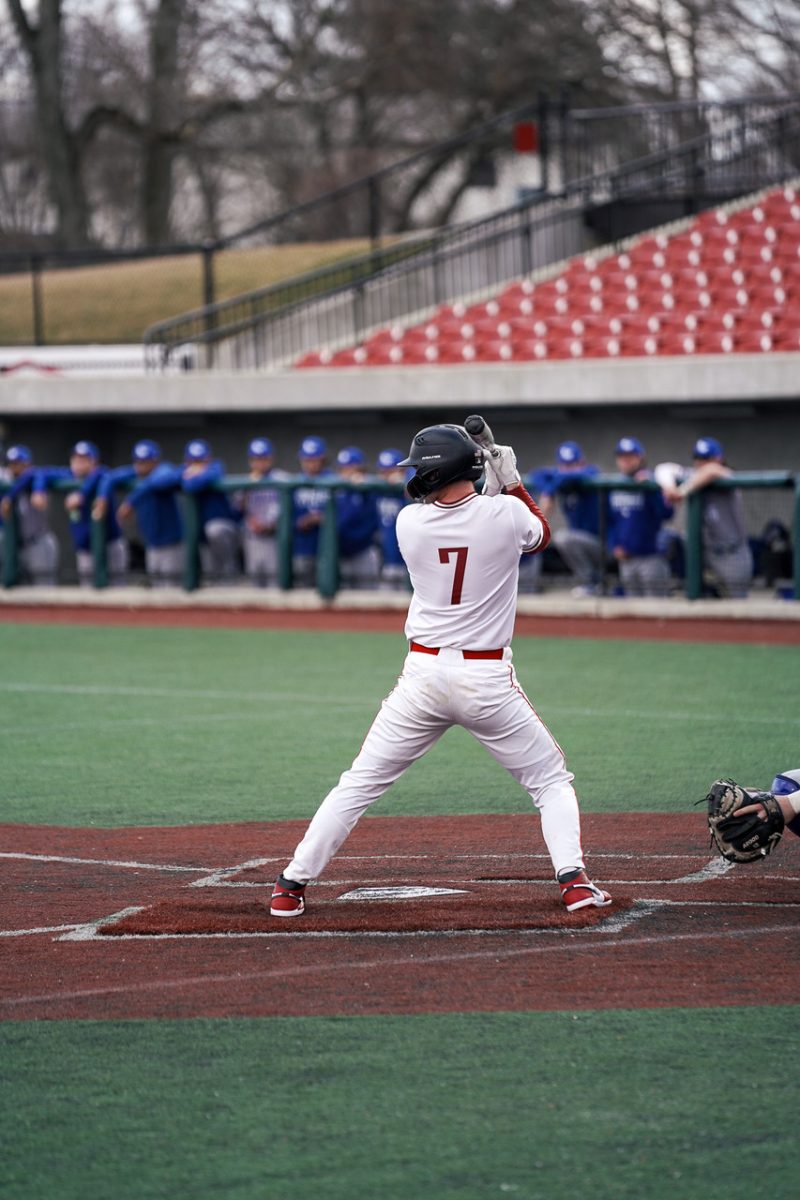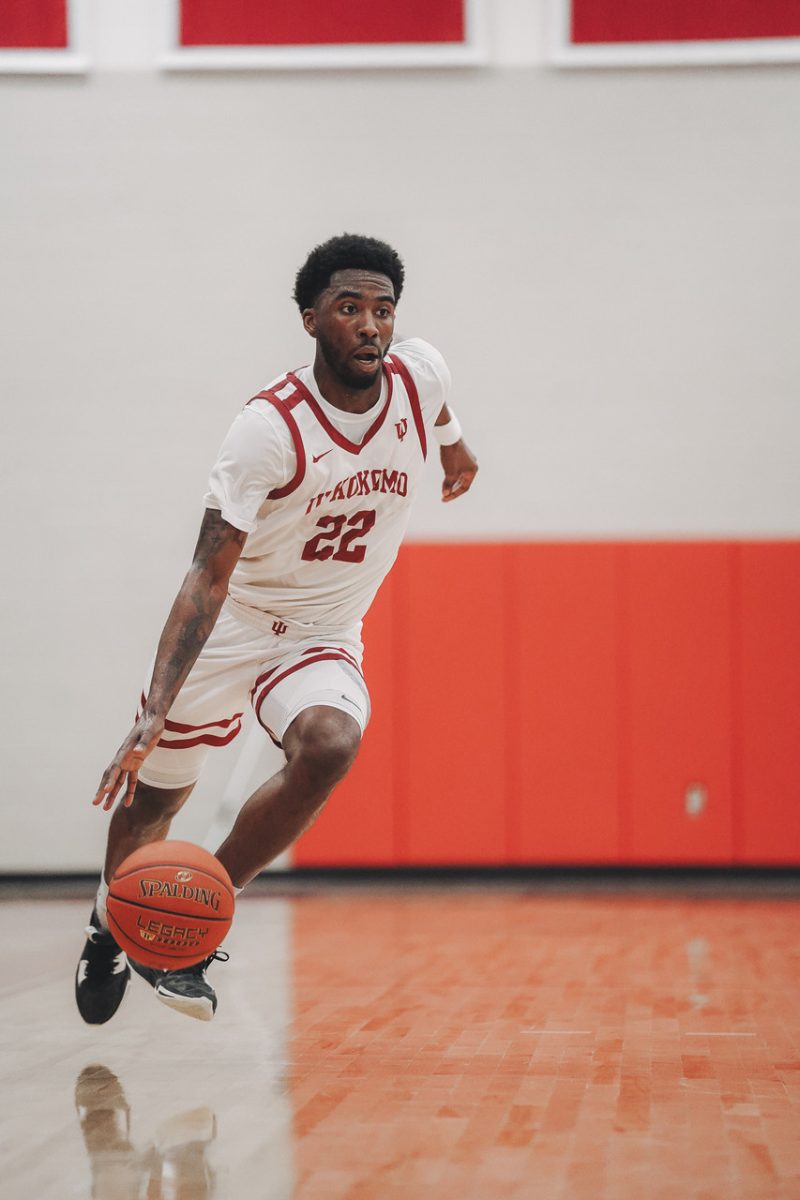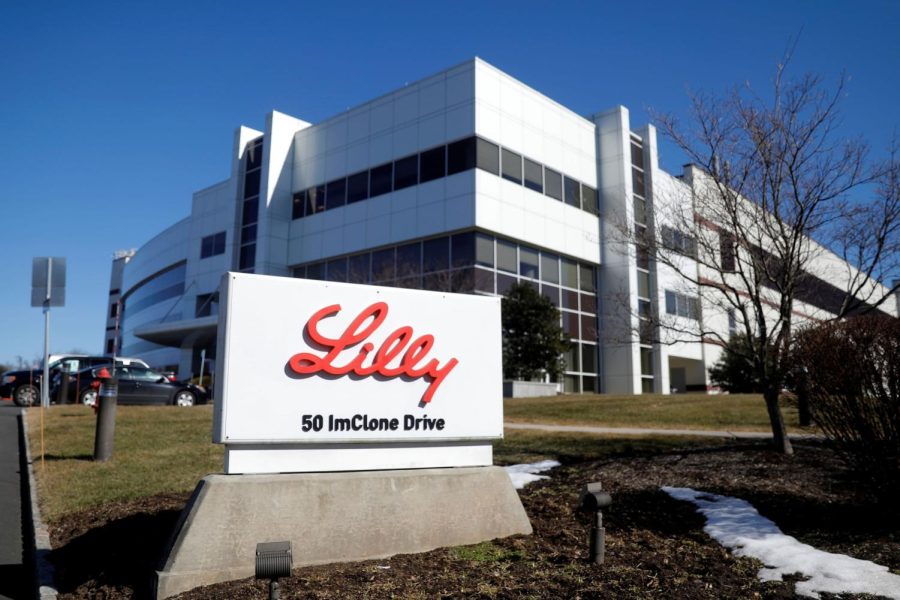Eli Lilly caps price of insulin
(Opinion) Eli Lilly’s insulin price cap is a small step on a long trail.
To preface this, I am a type 1 diabetic, so this information is especially impactful to me.
Indianapolis based drug manufacturer Eli Lilly capped their price of a batch of insulin at just $35 on March 1 of 2023.
This is a good thing; it is going to bring financial relief to millions of people across the U.S. But is it enough? I would argue no, it isn’t.
Let’s take it back to high school economics class for a second. Insulin is a drug that diabetic people will die without. This makes it an “inelastic good.”
Inelastic goods, necessities like food and water, are typically protected by government regulations to prevent unfair pricing by private companies.
Okay, so Eli Lilly made their inelastic good more affordable, good enough, right? No, it’s not.
Firstly, this price cap only covers people who have insurance that goes through pharmacies that use Eli Lilly-manufactured insulin, so the price does not apply to people who can’t afford insurance.
Secondly, there is a fair amount of people that would be significantly impacted by paying $35 per batch of insulin. It is not as if this is a month’s supply for everyone, insulin needs vary by person, and needing to spend $35 on insulin could mean skipping meals for that day, which is especially dangerous for diabetics.
Thirdly, and what may be the most important, this is not a price change that was impacted by any sort of law being put into place.
Eli Lilly is just one of several U.S. companies that produces insulin for people. This means that it is a business above all else.
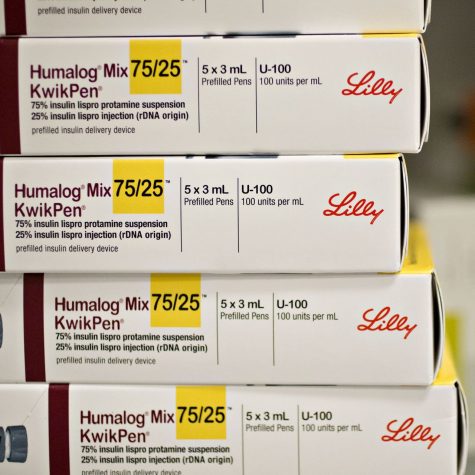
The reason that we got into the insulin pricing crisis in the first place was the 1980’s deregulation of the medical industry that allowed companies to compete with each other for prices.
The issue with this is that insulin is not the same thing as something like food. If McDonald’s started charging $50 for fries, people would just start going to any of the other dozens of other restaurants that have fries.
There are only a few companies in the U.S. that produce insulin and they hold a monopoly on the drug. There is no generic version available.
This basically means that every company just artificially raised prices on insulin for larger profit margins, and no one could do anything about it.
All of this is to say that Eli Lilly could reverse this decision at any time, and it would be entirely legal and permitted.
Though a rug pull like that would be a PR nightmare, it is not as if these companies were especially respected prior to this decision. They would make it out okay if they deemed this to a bad business decision.
While this price cap is a step in the right direction, it is just that, a step. There is a very long road ahead if all diabetics hope to get affordable insulin.
However, this is the first significant change in the price of the drug since deregulation happened in the 80s. I believe this is a good sign, and hopefully, more companies will jump on board with this easing of drug prices.
Your donation will support the student journalists of Indiana University Kokomo. Your contribution will allow us to purchase equipment and cover our annual website hosting costs.



